Iran (IMNA) - Lake Zarivar, one of Iran's largest lakes located in the picturesque western province of Kurdistan, is under siege from an alarming overgrowth of reeds. This infestation poses a grave threat to the lake's ecosystem and its allure as a natural wonder.
In recent years, a proliferation of reeds has been observed in the waters of Lake Zarivar. The excessive growth is not only detrimental to the lake's biodiversity but also poses hazards for its inhabitants. The presence of abundant reedss is an indicator of poor water quality and eutrophication, a condition caused by nutrient enrichment.
Adding to the challenge is the practice of burning reedss by locals during spring and autumn. While intended to eliminate the overgrowth, this method has proven counterproductive. The burning process fails to destroy the reedss but instead thickens and disintegrates its root tissue, rendering it non-buoyant and contributing to the accumulation of sediment in the lake.
One potential solution to address this problem is the implementation of targeted measures to remove the reedss. Dredging is a technique commonly employed to extract excessive reeds from water bodies. However, careful consideration must be given to the environmental impact of such actions.
Concerned environmentalists and local authorities are actively exploring sustainable strategies to mitigate the reeds overgrowth and preserve the pristine beauty of Lake Zarivar.
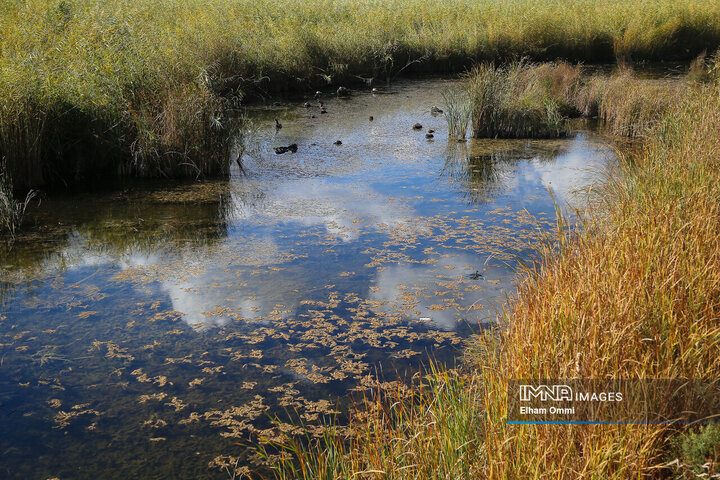
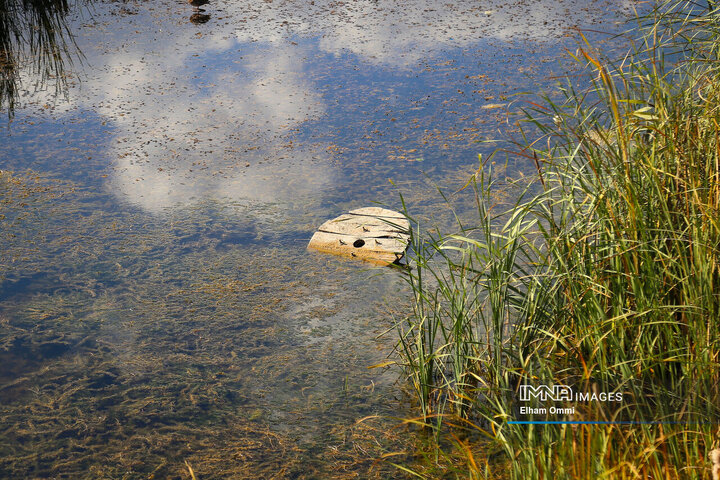
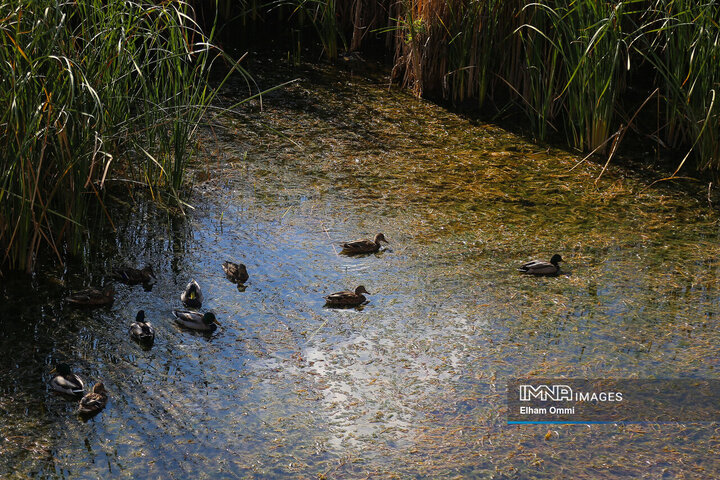
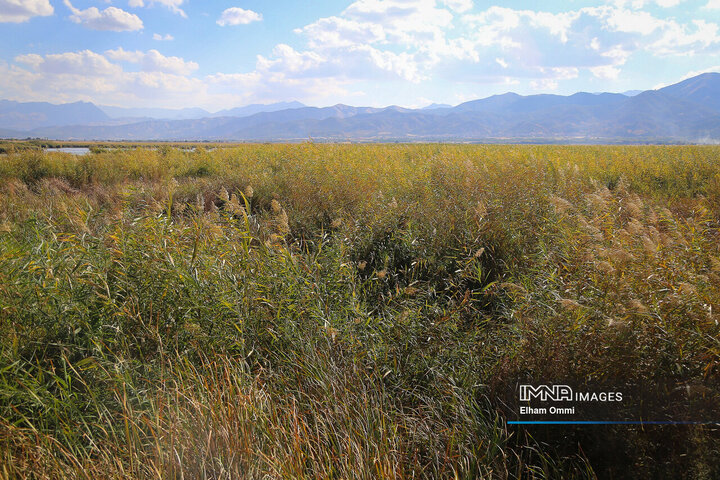
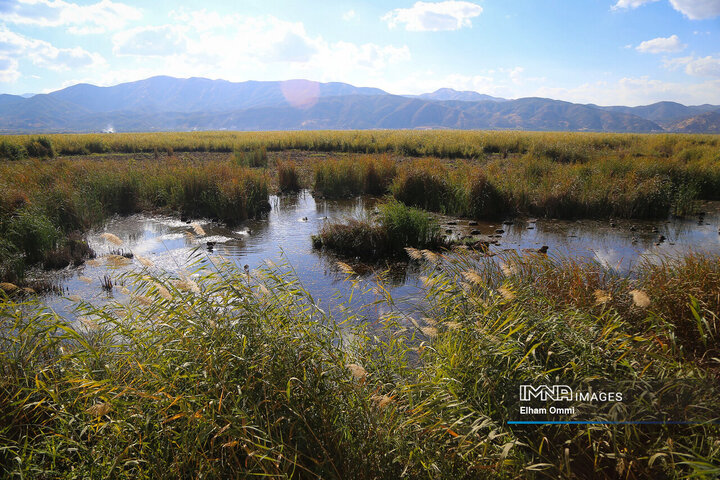
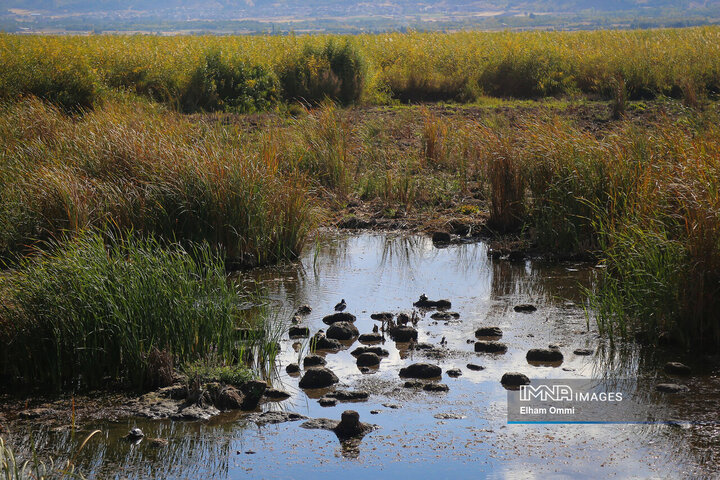
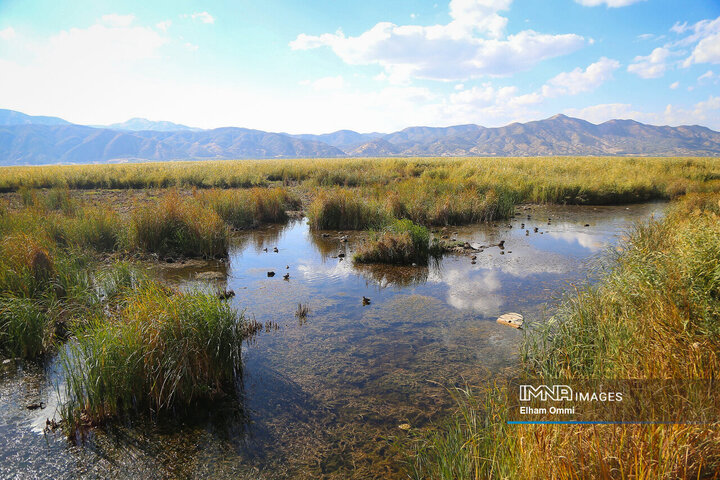
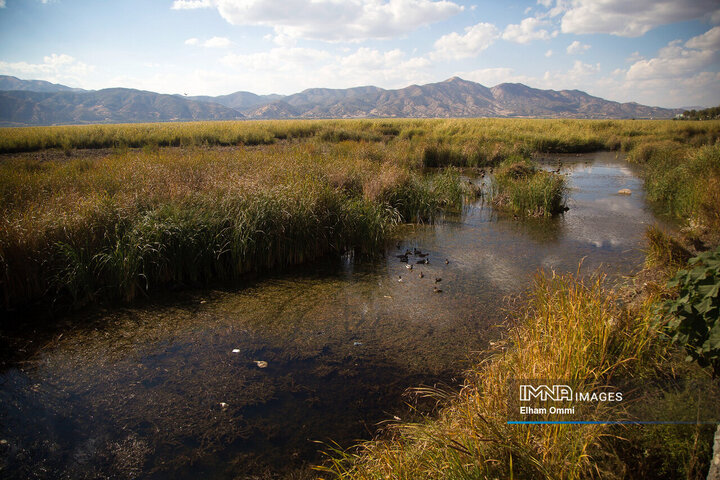
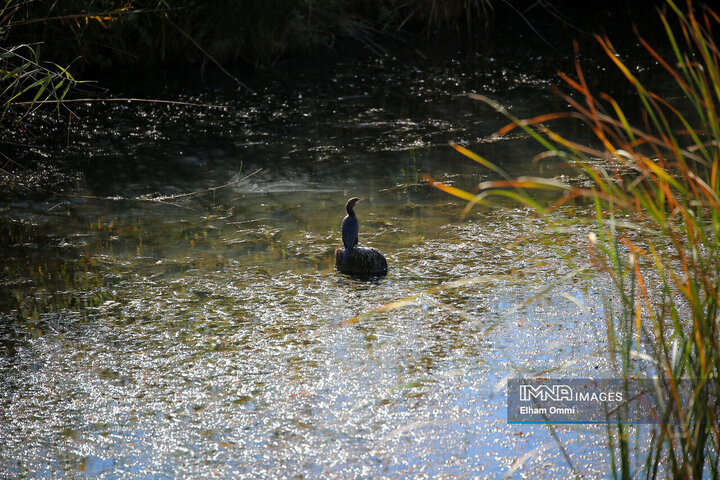
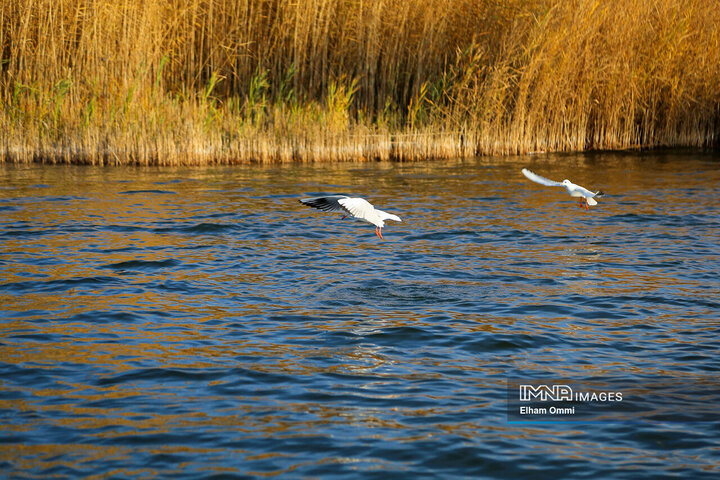
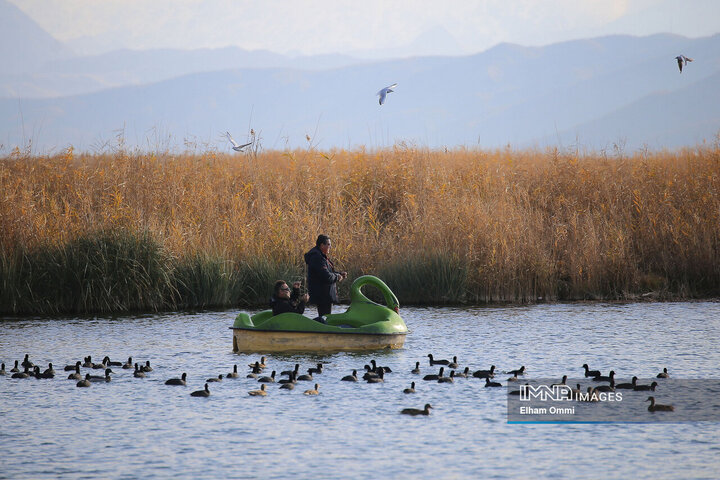
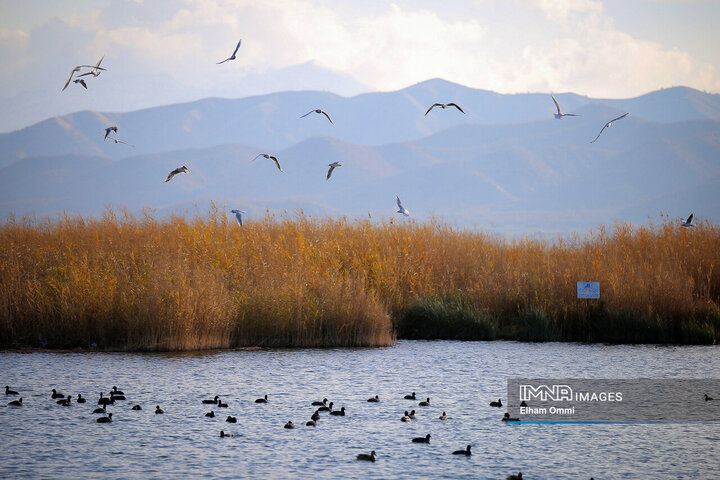
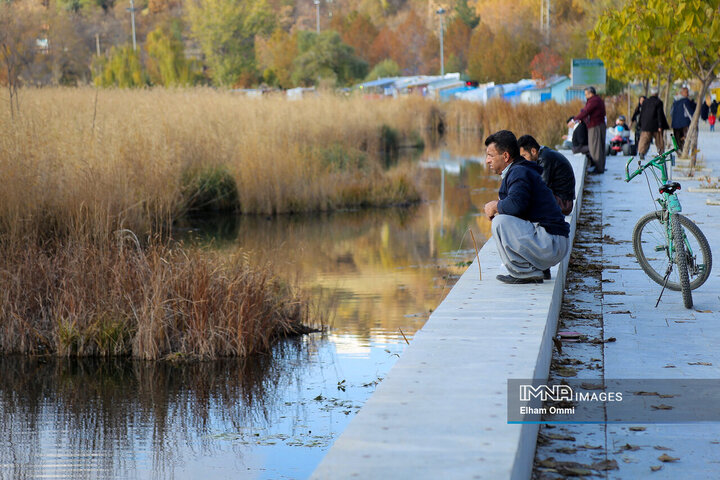
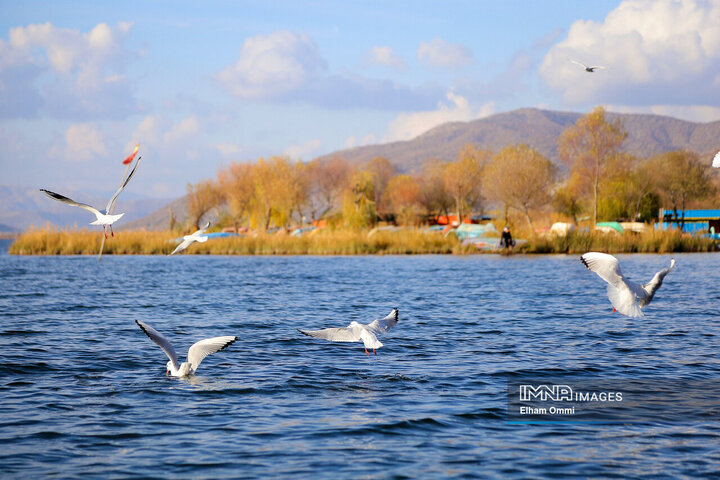
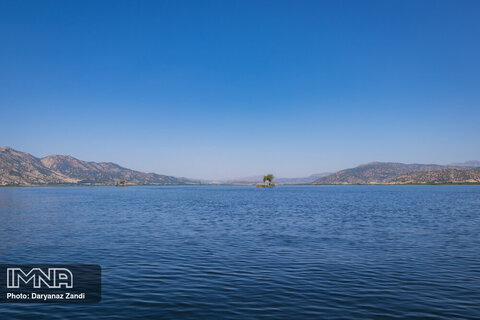
Your Comment